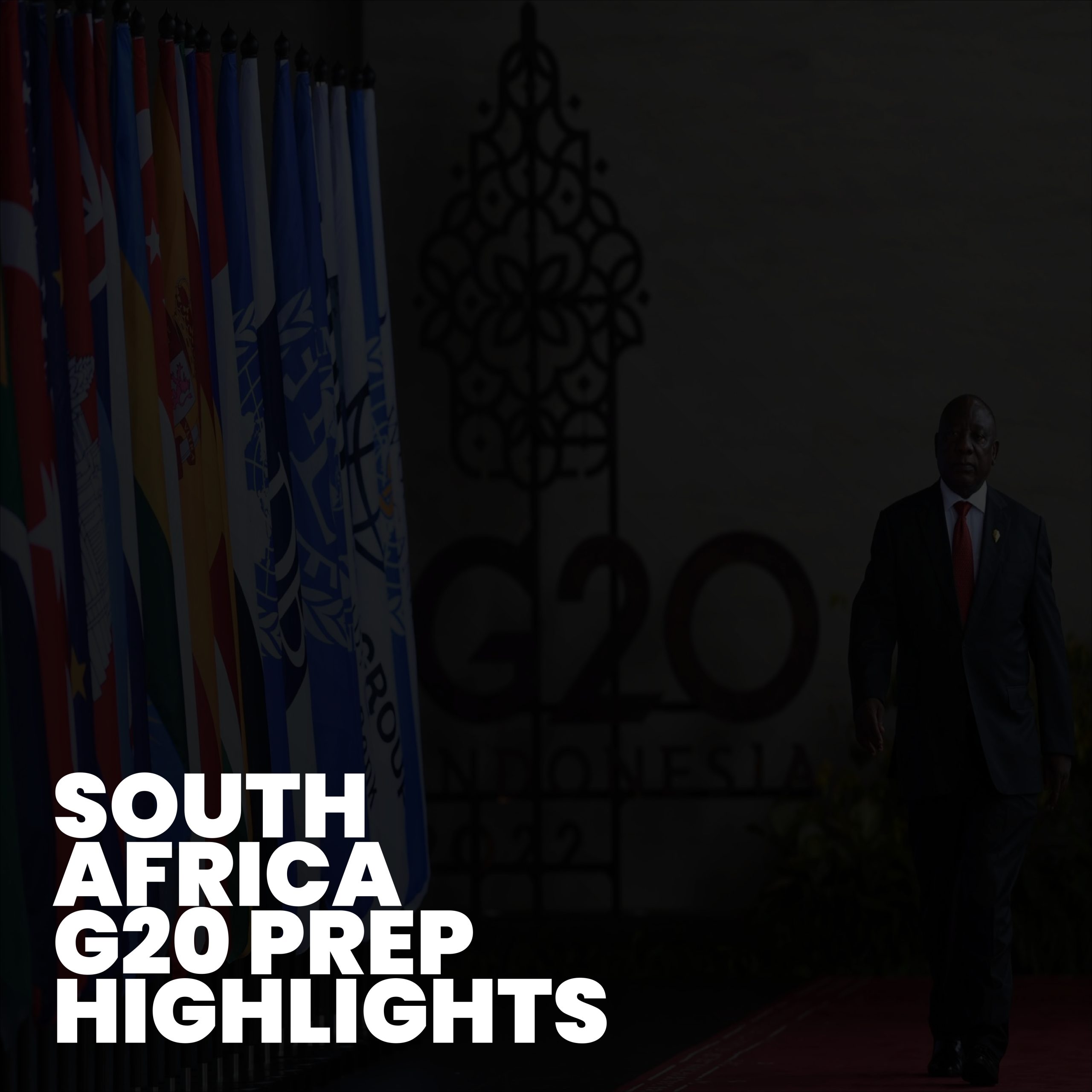Introduction
Japan’s new prime minister, Sanae Takaichi, heads to Johannesburg from November 21–24 to attend the G20 Leaders’ Summit and meet South African officials. The visit comes amid supply‑chain strains, tariff tensions, and climate‑driven shocks. For Japan, the trip tests leadership style, coalition dynamics at home, and messaging to the Global South. For South Africa, it’s an opportunity to leverage the first G20 on African soil to pull advanced economies closer to African priorities. Expect careful language on growth, debt, and disaster resilience—and a push to balance geopolitical rivalry with pragmatic cooperation. In this context, Japan diplomacy will be measured not just by speeches, but by concrete steps on trade, green finance, and crisis response.
Japan diplomacy and the G20 stage in Johannesburg
Johannesburg’s hosting of the 2025 G20 makes Africa the arena for this year’s most consequential economic dialogue. For Japan, the venue is a chance to show it can bridge advanced and emerging economies without sounding paternalistic. Takaichi’s team is expected to emphasize predictability in trade rules, resilience in supply chains, and cooperation on health security. South Africa will spotlight jobs, industrialization, and reform of global institutions. The test is whether leaders can move from lofty communiqués to actionable deliverables—especially on tariff de‑escalation and climate adaptation finance. If Japan can land even a modest package on green infrastructure or risk‑insurance for disasters, it would signal credible intent. Watch for mentions of transparent financing, fair procurement, and co‑development with African partners.
Japan diplomacy on tariffs, trade friction, and supply chains
Tensions over tariffs have dragged on growth and injected uncertainty into boardrooms. Tokyo’s message in Johannesburg will likely argue for targeted de‑risking over blanket protectionism. For manufacturers, certainty beats surprise: clear timelines, predictable rules of origin, and interoperable digital customs can cut costs more than headline tariff moves. Japan’s auto and electronics firms, exposed to global inputs, need smoother transit through African ports and simplified standards. Expect Takaichi to underline diversity in sourcing—rare earths, battery inputs, and semiconductors—while offering technical assistance for African customs modernization. If the summit nudges members toward a moratorium on new tariff hikes or commits to a roadmap for dispute resolution, it would lower risk premiums and help revive investment, benefiting both African exporters and Japanese buyers.
Japan diplomacy and disaster resilience as shared security
Extreme weather and infrastructure fragility have become economic issues, not just humanitarian concerns. Japan brings decades of know‑how: early‑warning systems, quake‑resistant design, and public‑private disaster insurance. South Africa seeks resilient grids, water security, and urban flood control. A practical G20 deliverable would be a catalog of shovel‑ready resilience projects matched with blended finance, plus standards for climate‑resilient procurement. Tokyo can also promote open data on hazards so businesses can price risk accurately. If Japan seeds a small fund to pilot catastrophe‑bond structures with African partners, it would convert talk into tools. The payoff is political as well as economic: resilience cooperation avoids zero‑sum rhetoric and builds coalitions around shared, non‑ideological interests.
Japan diplomacy and South Africa’s bridge role to the Global South
Pretoria’s goal is to carry African priorities into a forum often dominated by the largest economies. That agenda includes reform of multilateral development banks, expansion of local manufacturing, and fair access to green technologies. Japan’s comparative advantage is project delivery: it can pair finance with engineering standards, skills training, and maintenance culture. Joint announcements—say, on hydrogen corridors, transmission upgrades, or port logistics—would show respect for South African leadership while scaling benefits regionally. This bridge role also extends to norms: data governance, cybersecurity for critical infrastructure, and transparent tenders. If Japan backs African voices in standard‑setting forums, the partnership will look less transactional and more like long‑term institution building.
Japan diplomacy through investment, not just aid
Investors follow bankable projects, not press releases. The immediate task is a pipeline: credible feasibility studies, predictable permitting, and currency‑risk tools. Japan’s development agencies and private banks can structure blended finance that de‑risks first movers in renewable energy, minerals processing, and advanced agriculture. Local content thresholds should be realistic and linked to skills transfer, not just capex. A co‑financed industrial park near a major port—templated for green power and water reuse—could anchor multiple suppliers. Pair that with scholarships and vocational programs in mechatronics and grid operations, and the benefits become visible. Such design shows how diplomacy converts into jobs, exports, and resilience rather than one‑off announcements that fade after the summit.
Japan diplomacy on energy transition and minerals
Africa’s critical minerals are indispensable to global electrification. Japan needs secure, ethical supply chains; South Africa seeks higher value capture. The sweet spot is beneficiation at source, where power reliability and environmental safeguards are non‑negotiable. Expect talks on joint ventures for refining battery metals, recycling end‑of‑life batteries, and mapping deposits with transparent data. A just transition also means supporting coal‑dependent communities with retraining and alternative industries. If Tokyo helps pilot green‑hydrogen links between industrial clusters in South Africa and heavy industry in Japan, it would demonstrate future‑focused cooperation. Clear ESG guardrails will be essential to reassure financiers and communities that development balances growth with stewardship.
Japan diplomacy and digital trade rules
Cross‑border data flows underpin commerce, logistics, and services. Japan has long advocated “Data Free Flow with Trust.” South Africa wants digital inclusion and fair taxation. A pragmatic outcome would be interoperable privacy standards, transparent algorithms in public procurement, and cooperation against cybercrime. For small firms, the big win is simpler e‑commerce: standard digital signatures, trusted e‑invoicing, and mutual recognition of digital IDs. If Japan supports capacity building for regulators and funds pilot sandboxes for fintech and logistics tech, startups can scale faster. Harmonized rules reduce friction and unlock services exports—from telemedicine to education tech—benefiting both economies while aligning with wider G20 debates on AI governance and platform accountability.
Japan diplomacy on health security and R&D
The pandemic taught costly lessons about stockpiles, supply redundancy, and local manufacturing of essential goods. Japan’s pharmaceutical and device companies can partner with South African research institutes to expand vaccine fill‑finish capacity, diagnostics manufacturing, and cold‑chain logistics. Combining grant finance with advance purchase commitments can de‑risk facilities that serve African markets first. The G20 offers a platform to synchronize regulatory approvals and share genomic surveillance data. If Japan co‑funds a regional training center for bio‑manufacturing technicians, the benefits will compound: better preparedness, skilled jobs, and a diversified industrial base that supports wider economic resilience beyond health emergencies.
Japan diplomacy and people‑to‑people ties
Diplomacy sticks when citizens feel it. Scholarships, tech internships, and city‑to‑city partnerships create durable links. Tourism flows can be stimulated by direct flights and simplified visas for business travelers and students. Cultural programs—from robotics competitions to film festivals—build familiarity and trust. For companies, secondments between Japanese firms and South African SOEs can accelerate capability transfer in grid operations, port management, and water utilities. Alumni networks then become informal ambassadors who sustain cooperation after leaders move on. These ties also help counter misinformation by putting real experiences and relationships at the center of the narrative about what Japan and South Africa can achieve together.
Japan diplomacy measured by deliverables, not declarations
Summits are judged by outcomes. A credible scorecard for this visit would list concrete steps: tariff de‑escalation pathways, a shortlist of resilience projects with financing, a minerals‑to‑manufacturing roadmap, and pilot programs in digital trade and health security. Equally important is transparency: publishing timelines, lead agencies, and metrics. If Japan and South Africa agree to quarterly reviews with civil‑society input, momentum can survive domestic political cycles. Success won’t mean solving everything in one weekend, but establishing feedback loops that convert commitments into contracts and community benefits. In that sense, the most lasting achievement could be a method—open, measurable, and inclusive—rather than any single headline announcement.
FAQs
Q1: What is the purpose of the trip?
Japan diplomacy aims to stabilize trade ties, expand practical cooperation, and show leadership at the first G20 hosted in Africa.
Q2: Which issues will dominate talks?
Japan diplomacy will focus on tariffs, disaster resilience, energy transition, digital trade rules, and health security deliverables.
Q3: Why does the venue matter?
Japan diplomacy gains credibility by engaging the G20 in Johannesburg, highlighting South Africa’s role as a bridge to the Global South.
Conclusion
The Johannesburg summit is a staging ground for action, not rhetoric. If Tokyo couples policy signals with real financing and capability transfer, the visit could reset expectations for cooperation with Africa. By aligning trade certainty, disaster resilience, and green industrialization, Japan diplomacy can turn a high‑profile trip into measurable progress that outlasts the headlines.




